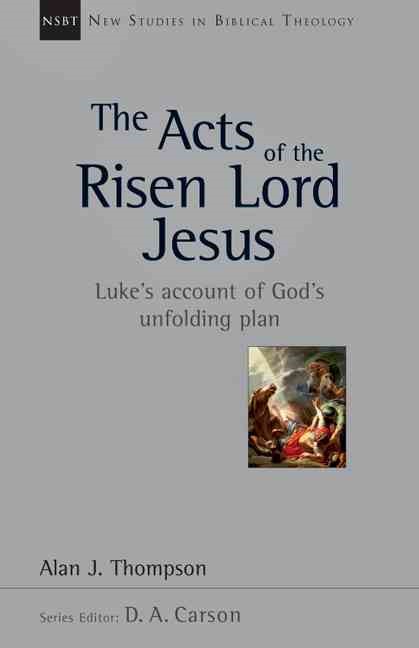Wayne Grudem has asserted that the continuationist has the stronger biblical evidence and that the cessationist position has developed primarily from experience—or, rather, the non-experience of miraculous gifts.
I encounter students and pastors all the time who say “I’m not persuaded by the cessationist arguments from Scripture but I’ve never seen any of these miraculous things in my life.” That is the most common comment that I hear about these things from people who are in mainstream Evangelical positions. And over the years as I’ve taught not only here at Phoenix Seminary but at other seminaries – adjunct at other seminaries – by far the most common view expressed among seminary graduates is open but cautious. They say “I’m not convinced by the cessationist arguments but I really don’t know how to put these things into practice in my own church and I’ve never seen them happen.” Tim, the cessationist argument is not winning the day in terms of exegetical arguments or persuasiveness in the books published. I think it’s appealing to a smaller and smaller group of people. . . . [Jack Deere’s] argument is that the primary reason why cessationists hold their view is experience. That is, he says, they haven’t experienced any of these miraculous gifts and so they construct a theology to justify it. [Wayne Grudem, interview by Tim Challies, 14 December 2005]
In constructing his argument in this way, Grudem fails to recognize an important distinction. There is a difference between saying “I believe the miraculous gifts are/are not operative because I have/have not experienced them” and saying “I believe the miraculous gifts are/are not operative because the claimed gifts that are present today do/do not match the Scripture definitions of the gifts.
In countering the continuationist, the cessationist need only demonstrate the continuationist practices do not match the norm laid down in Scripture. If the cessationist is able to provide some scriptural rationale for the evident cessation, he will strengthen his case. But this is not strictly necessary. All that is necessary is to show that the Scriptural data and the contemporary practices are at odds.
This approach is an application of John Frame’s ethical methodology. Frame says, “Every ethical decision involves the application of a law (norm, principle) to a situation by a person (self).” (The Doctrine of the Knowledge of God, 74). Frame’s ethical method also applies to practical theology. It is appropriate to apply the norm of Scripture to a situation (practice) to determine whether or not the practice is biblical.
While considerable argumentation is needed to establish the norm and the situation in this case, several observations from D. A. Carson, a continuationist, point to the strength of the cessationist position operating according to this methodology.
Carson concludes that “the evidence favors the view that Paul thought the gift of tongues was a gift of real languages, that is, languages that were cognitive, whether of men or of angels” (Carson, Showing the Spirit, 83). He continues:
Moreover, if [Paul] knew of the details of Pentecost (a currently unpopular opinion in the scholarly world, but in my view eminently defensible), his understanding of tongues must have been shaped to some extent by that event. Certainly tongues in Acts exercise some different functions from those in 1 Corinthians; but there is no substantial evidence that suggests Paul thought the two were essentially different. [83]
Carson’s way of affirming the biblical evidence and allowing for the nonlinguistic tongues practiced today is to suggest that perhaps modern tongues is a code. The example he gives is the removal of vowels from the sentence, “Praise the Lord, for his mercy endures for ever,” the removal of the spaces between the words, the addition of an “a” after the consonants, and a division back into “words”: “PATRA RAMA NA SAVARAHA DAHARA DAFARASALA FASA CARARA” (86-87).
In this way Carson can correlate the biblical evidence “that Paul believed the tongues about which he wrote in 1 Corinthians were cognitive” (83) with the modern linguistic studies which demonstrate that modern tongues are not languages. This is imaginative, but that a scholar of Carson’s stature is forced to reach this far in an attempt to reconcile the biblical record with the modern practice, tends to lead one to the conclusion is that the modern practice is something other than what is described in the biblical record.
Carson also notes J. I. Packer’s view that modern tongues are not the gift of tongues found in Scripture, but that they may be considered a gift from God despite their lack of “explicit biblical warrant.” Carson rightly remarks, “I cannot think of a better way of displeasing both sides of the current debate” (84). But more than that, if Packer’s view is true—and the evidence suggests that it is since continuationists don’t claim the gift of xenoglossia—it would confirm the cessation of the gift of tongues.

